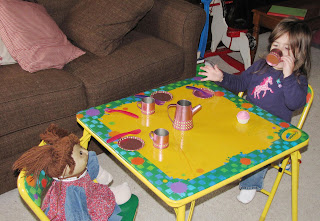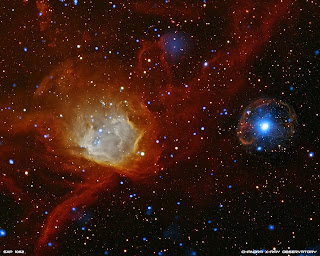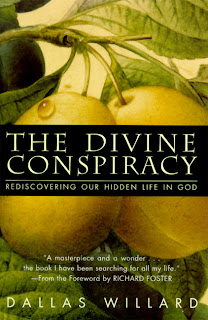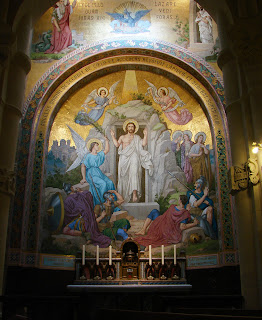“Take a drink, Mommy!”
My eldest daughter offers me a sip from her little tin tea cup.
“Mmmm! Delicious! What is it?”
“Applesauce. I made it myself.”
I love watching my eldest’s imagination blossom and flourish. Already, her younger sister is joining in the pretend play, offering me a bite from her fork or a sip from her cup.
Our imaginations are a beautiful gift from God.
Imagination helps us to create inviting homes, solve difficult problems, invent new ways of doing things, build beautiful buildings, plan delicious gardens, come up with ways of serving others.
Imagination is what allows us to create…anything.
But does it belong in our God-life? Does imagination belong in our prayer, our Bible reading, our relationship with our Father?
Many would say no. Many would say that using our imagination when it comes to Scripture or to God is dangerous, allowing our own selves to take precedence over what God has spoken.
When God looked at what He had made, His earth and His man, He declared it to be good. Very good.
I presume that He did not mean “it is all very good except for that imagination piece of man’s soul”. In fact, God asked Adam to use his imagination right away when He asked him to give names to all of the animals.
Our imagination, along with everything else in our lives, is to be made sacred.
How? How can we use our imagination in our God-life in a way that is good and sacred?
In his book, Resounding Truth, Jeremy Begbie says that using imagination is required when thinking through issues of theology. He is quick, of course, to offer the qualification that
this is not an invitation to uncontrolled fantasy or fiction, as if we should conjure up ideas out of thin air. By imagination here I am speaking of the ability to perceive connections between things that are not spelled out, not immediately apparent on the surface, as well as between what we see now in the present and what we could or will see in the future.
Begbie says that our imagination should be applied to our reading of Scripture:
…trying to perceive broad patterns and unifying threads and to be alert to the themes and counter-themes that crisscross its pages and that together throw into relief guiding convictions about who this Creator God is, what kind of world He has created and relates to, and what our place within this world might be.
He also says that imagination helps us to discern connections between what we perceive in the world and what we perceive in Scripture.
One more aspect of what I wrote about last week!
The third way that Begbie discusses the sacred use of imagination is in living in and living out the connections between Scripture and the world:
The Bible does not spell out the details of Christian behavior for all times, prescribing exact courses of action for every circumstance…Because not all is given to us now, imagination is needed. The church needs to improvise imaginatively – that is, to be so schooled in these texts and scriptural tradition that it can…act in ways that are true to the texts yet engage with the world as it now is, responding in ever fresh and fruitful ways to whatever life throws at us.
What do you think of these ideas? Are these sacred ways of using our imagination or is this too dangerous, having too much potential for abuse?























